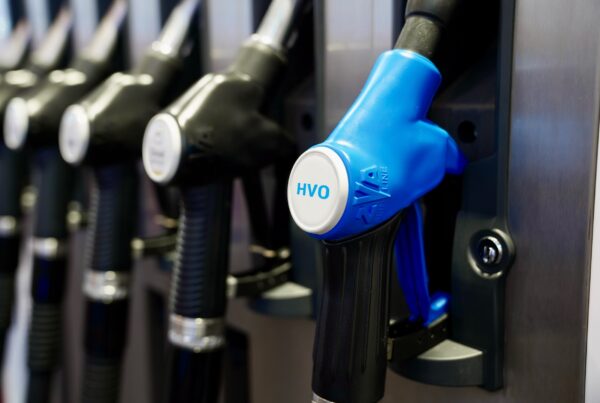The introduction of HVO fuels as an environmentally friendly alternative to conventional diesel fuel is being demanded by many parties. HVO fuels are made from sustainable raw materials such as rapeseed, soy or biologic waste and have the advantage over conventional diesel fuel that they emit less CO2 and nitrogen oxides, as proved by a study from the HAW Hamburg.
Availability of HVO fuels in Germany is not as advanced as in other European countries
However, the switch to HVO fuels in Germany is not as advanced as in other European countries such as Sweden or Finland. One reason for this is that there are still too few petrol stations in Germany that offer HVO fuel. In addition, there is no uniform regulation for the labeling of HVO fuels at petrol stations, which can lead to confusion among consumers.
Another factor that delays the introduction of HVO fuels in Germany is politics. Although the federal government and states have agreed in the Climate Protection Plan 2050 to promote the use of alternative fuels, concrete measures, such as tax advantages for HVO fuels, have not yet been implemented.
Another problem that complicates the introduction of HVO fuels is the availability of sustainable raw materials. It can happen that natural land is cleared for the cultivation of rapeseed or palm oil for the production of HVO fuels. This saves CO2, but creates other environmental problems, such as the destruction of rainforests.
One possible way out of this dilemma is the production of HVO fuels from waste products. This method is also known as “power-to-X” and is particularly sustainable because no additional land is required for the cultivation of raw materials. However, the production of HVO fuels from waste products is not yet technologically mature and further research and development is needed to enable this method to be used on a large scale.
Overall, the introduction of HVO fuels as an environmentally friendly alternative to diesel fuel is a complex challenge. To meet this challenge, it requires not only technical innovations but also political decisions and societal acceptance. If all actors work together, it is possible to significantly increase the use of HVO fuels in Germany and Europe and thus make an important contribution to climate protection.
Image: © Engin Akyurt – unsplash.com




